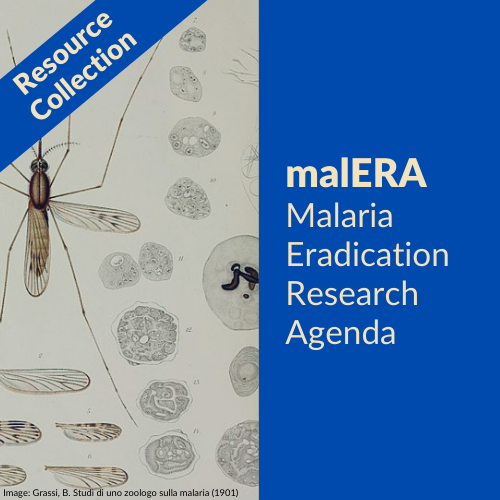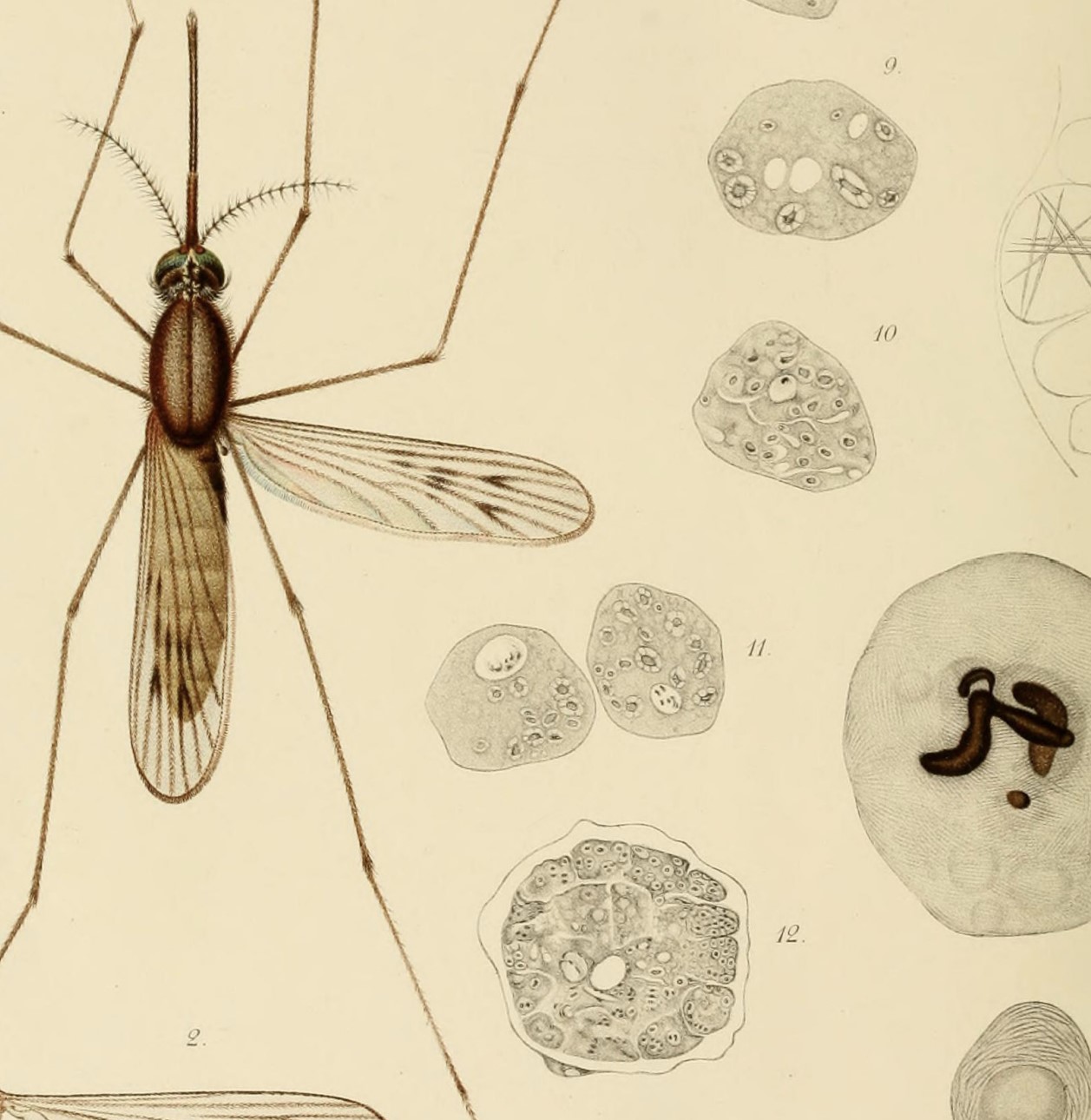Malaria Eradication Research Agenda – malERA
Published: 03/10/2024
In 2008, the Malaria Eradication Research Agenda (malERA) initiative was launched as the first comprehensive effort to define the knowledge base, strategies, and tools necessary for malaria eradication. This groundbreaking initiative systematically analysed the research and innovations required for malaria elimination and it set the foundation for long-term global eradication efforts. The process engaged more than 250 scientists in a series of 20 consultations around the world, producing an R&D agenda for malaria eradication that was published in a PLoS Medicine monographic volume issued in January 2011, comprising an Introduction, 9 papers on specific thematic areas and two background papers on lessons learned from previous malaria and other diseases eradication campaigns.
By 2016, significant challenges to the vision of a malaria-free world had emerged, prompting the need to refresh the malERA research agenda. Over 180 experts across multiple disciplines were engaged in the malERA Refresh process. The updated agenda aimed to address the emerging challenges, revisit key hypotheses, and highlight research and development areas crucial to advancing the feasibility of malaria eradication. The agenda aligned with the Global Technical Strategy (GTS) for Malaria 2016-2030, the framework to guide countries in their efforts to accelerate progress toward malaria elimination, and the Action and Investment to Defeat Malaria (AIM) 2016 – 2030.


